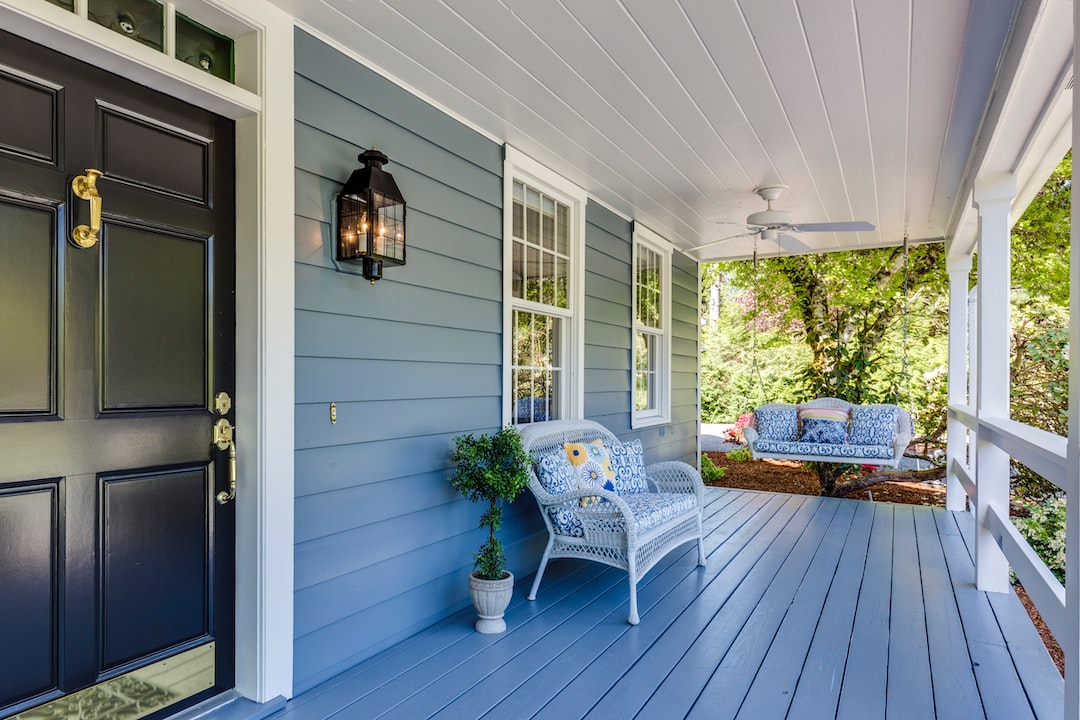How to Negotiate the Best Price for a House
Buying a house is a huge investment that requires careful consideration and negotiation skills. Negotiating the best price for a house can save you thousands of dollars and potentially increase the value of your investment. However, negotiating a house price can be intimidating and overwhelming for many people. In this blog post, we will break down some important strategies and tips to help you negotiate the best price for a house.
1. Do your research: Before you even begin negotiating, it’s crucial to research the market value of the house you are interested in. Look at similar properties in the area and their selling prices to get an idea of what a fair price would be. This will give you leverage during the negotiation process and help you make reasonable offers.
2. Understand the seller’s motivation: Knowing why the seller is selling their house can give you an advantage during negotiations. If the seller is in a hurry to sell, they may be more open to accepting a lower offer. Additionally, if the house has been on the market for a long time, the seller may be more inclined to negotiate. Ask your real estate agent to gather information about the seller’s situation to help you in your negotiations.
3. Get pre-approved for a mortgage: Having a pre-approved mortgage shows the seller that you are a serious buyer who has the means to close the deal. This can give you a stronger position during negotiations as the seller will feel more comfortable with your financing capabilities.
4. Start with a reasonable offer: The initial offer you make should be based on your research and market conditions. Starting with a low-ball offer may offend the seller and jeopardize future negotiations. On the other hand, offering a fair price will demonstrate your seriousness as a buyer and encourage the seller to negotiate with you.
5. Focus on the property’s condition and repairs: During a house inspection, take note of any repairs or maintenance issues that need attention. Use these findings as leverage to negotiate a lower price or request repairs to be made before closing the deal. A house in need of repairs may justify a lower offer, especially if the repairs are costly.
6. Be prepared to walk away: Negotiations can be challenging, and sometimes they may not reach a favorable outcome. It’s essential to be prepared to walk away if the terms and price are not in your best interest. This mindset gives you the power to negotiate more confidently and ensures that you don’t make a purchase that will leave you regretting later.
7. Consider non-monetary incentives: Sometimes, negotiating the best price for a house isn’t just about money. Consider offering non-monetary incentives that may appeal to the seller. For example, you could offer a quick closing date, flexibility with the move-in date, or taking care of certain closing costs. These incentives can make your offer stand out from others and increase your chances of reaching an agreement with the seller.
8. Work with a skilled real estate agent: A professional real estate agent can be your greatest asset when negotiating the price of a house. They have extensive knowledge of the local market, negotiation skills, and experience in dealing with sellers. Hiring an agent who understands your needs and goals can significantly improve your chances of securing the best price for a house.
In conclusion, negotiating the best price for a house requires research, preparation, and effective communication. By employing these strategies, you can enter negotiations with confidence and increase your chances of getting a great deal. Remember to approach negotiations with fairness and respect, as building a positive relationship with the seller can also be beneficial in achieving your desired outcome.

